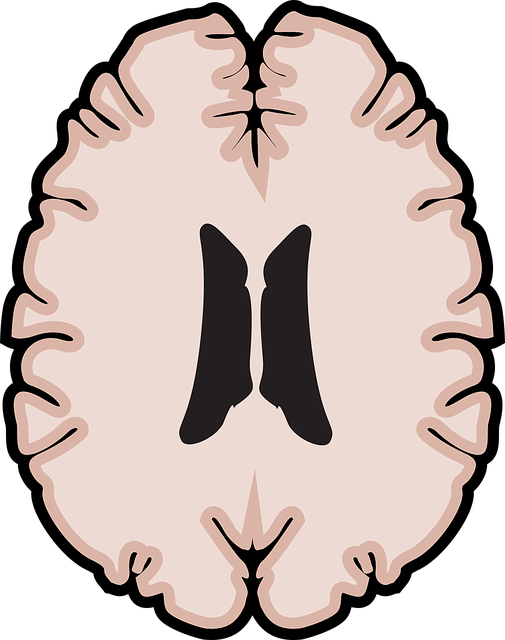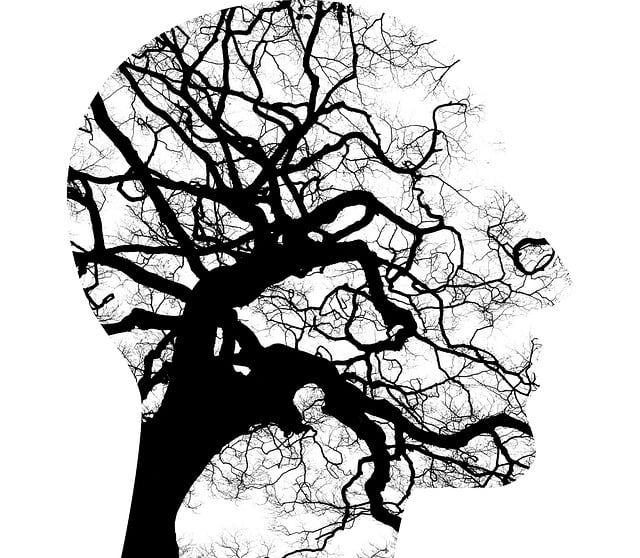In a world where stress levels are at record highs due to demanding lifestyles, the World Health Organization (WHO) recognizes its severe impact on global health, linking it to mental disorders like anxiety and depression. Vulnerable populations, especially those with eating disorders, benefit from integrated stress management in treatment plans, as advocated by Centennial Eating Disorders Therapy. This approach aligns with policy goals to provide effective interventions. Workshops focused on stress management, incorporating mindfulness exercises, breathing techniques, cognitive-behavioral strategies, and group discussions, empower individuals to mitigate stressors. Centennial Eating Disorders Therapy's compassion cultivation and journaling exercises foster personal growth and resilience, leading to lasting positive changes in mental wellness.
“In today’s fast-paced world, stress has become an all-pervading companion for many. The Centers for Disease Control and Prevention estimate that nearly 80% of adults in the US experience significant stress in their daily lives. This article explores the power of Stress Management Workshops as a tool to combat this prevalent issue. We’ll guide you through understanding the impact of stress, designing engaging workshops, introducing practical relief techniques like mindfulness and cognitive-behavioral approaches, and creating supportive environments, all inspired by the comprehensive services provided by Centennial Eating Disorders Therapy.”
- Understanding Stress and Its Impact: Delve into the prevalence of stress in today's society and its effects on mental health.
- Designing Effective Workshops: Explore strategies for creating engaging and interactive sessions to address stress management techniques.
- Practical Stress Relief Techniques: Outline various exercises, mindfulness practices, and cognitive-behavioral approaches that can be taught during workshops.
- Facilitating a Supportive Environment: Discuss ways to foster a safe and non-judgmental atmosphere, encouraging participants to share their experiences and learn from one another.
Understanding Stress and Its Impact: Delve into the prevalence of stress in today's society and its effects on mental health.

Stress has become an all-too-common companion in modern life, affecting individuals across various demographics. In today’s fast-paced world, whether it’s due to demanding careers, heavy workloads, or personal challenges, stress levels are reaching unprecedented heights. The World Health Organization (WHO) recognizes the significant impact of stress on global health, highlighting its contribution to various mental health disorders, including anxiety and depression.
Understanding the pervasive nature of stress is crucial, especially when considering its effect on vulnerable populations, such as those struggling with eating disorders. Centennial Eating Disorders Therapy, for instance, emphasizes the importance of addressing stress management as part of comprehensive treatment plans. This approach aligns with the broader goal of Mental Health Policy Analysis and Advocacy to ensure that effective interventions reach those in need. Additionally, Healthcare Provider Cultural Competency Training plays a vital role in equipping professionals with the skills to identify and manage stress-related issues within diverse communities, while well-designed Mental Health Education Programs can empower individuals to recognize and mitigate stressors in their daily lives.
Designing Effective Workshops: Explore strategies for creating engaging and interactive sessions to address stress management techniques.

Effective workshops on stress management require a thoughtful design approach to capture and retain participants’ interest. Engaging sessions can be crafted by incorporating interactive elements such as group discussions, role-playing scenarios, and practical exercises. Facilitators should aim to create a safe and supportive environment where attendees feel comfortable sharing their experiences and learning from one another. Techniques like mindfulness exercises, breathing techniques, and cognitive-behavioral strategies can be effectively demonstrated and practiced in these settings.
Centennial Eating Disorders Therapy suggests that workshops go beyond mere information dissemination by emphasizing self-care routine development for better mental health. By fostering empathy building strategies through interactive activities, participants can gain deeper insights into their own stress responses and those of others. Well-designed mental health education programs should not only equip individuals with coping mechanisms but also inspire them to cultivate long-lasting positive changes in their lives.
Practical Stress Relief Techniques: Outline various exercises, mindfulness practices, and cognitive-behavioral approaches that can be taught during workshops.

Stress management workshops play a pivotal role in equipping individuals with practical tools to navigate life’s challenges. These sessions can offer a range of techniques to help participants reduce stress levels and improve overall mental wellness. One effective approach is introducing mindfulness practices, such as guided meditation or breathing exercises, which foster a sense of calm and focus, enabling individuals to respond rather than react to stressful situations.
Additionally, workshops can delve into cognitive-behavioral techniques, teaching participants to challenge negative thought patterns and replace them with more positive, realistic perspectives. This may include exercises like reframing negative self-talk or practicing compassion cultivation, a technique that encourages kindness and understanding towards oneself and others, as promoted by Centennial Eating Disorders Therapy. Mental Wellness Journaling Exercise Guidance can also be a valuable component, helping individuals track their moods, thoughts, and triggers to identify patterns and develop personalized coping strategies. When designed with a focus on these evidence-based methods, Mental Health Education Programs can empower participants to take control of their mental health and cultivate a more balanced and resilient mindset.
Facilitating a Supportive Environment: Discuss ways to foster a safe and non-judgmental atmosphere, encouraging participants to share their experiences and learn from one another.

Creating a supportive environment is essential for effective stress management workshops. To facilitate this, organizers should emphasize a safe and non-judgmental atmosphere where participants feel comfortable sharing their experiences. Encouraging active participation through group discussions, interactive exercises, and peer-to-peer learning can foster a sense of community, mirroring the principles of Centennial Eating Disorders Therapy. This approach not only enhances understanding but also provides valuable insights from diverse perspectives.
By integrating practices from Risk Management Planning for Mental Health Professionals, the workshops can offer structured yet adaptable spaces for emotional exploration. Incorporating mental wellness journaling exercises guided by experienced facilitators allows participants to reflect and document their journey. Additionally, implementing Community Outreach Program Implementation strategies can expand the reach of these workshops, making stress management techniques accessible to a broader audience in need of support.
Stress management workshops play a vital role in empowering individuals to navigate life’s challenges with resilience. By combining evidence-based techniques, interactive activities, and supportive environments, organizations like Centennial Eating Disorders Therapy can facilitate meaningful change. These workshops equip participants with practical tools to manage stress, enhance well-being, and foster a sense of community. Through ongoing engagement and a holistic approach, individuals leave these sessions equipped to lead happier, healthier lives.














